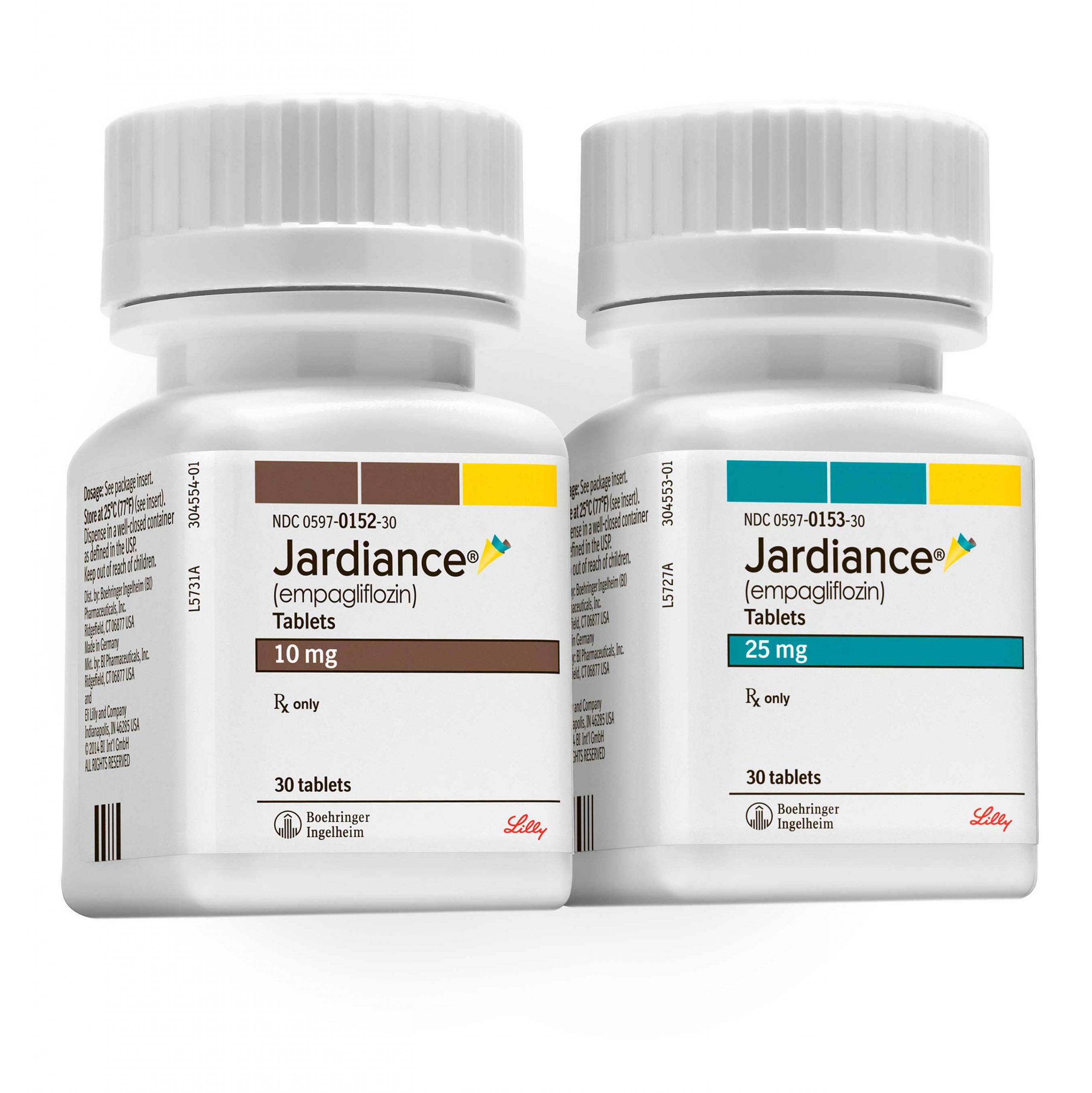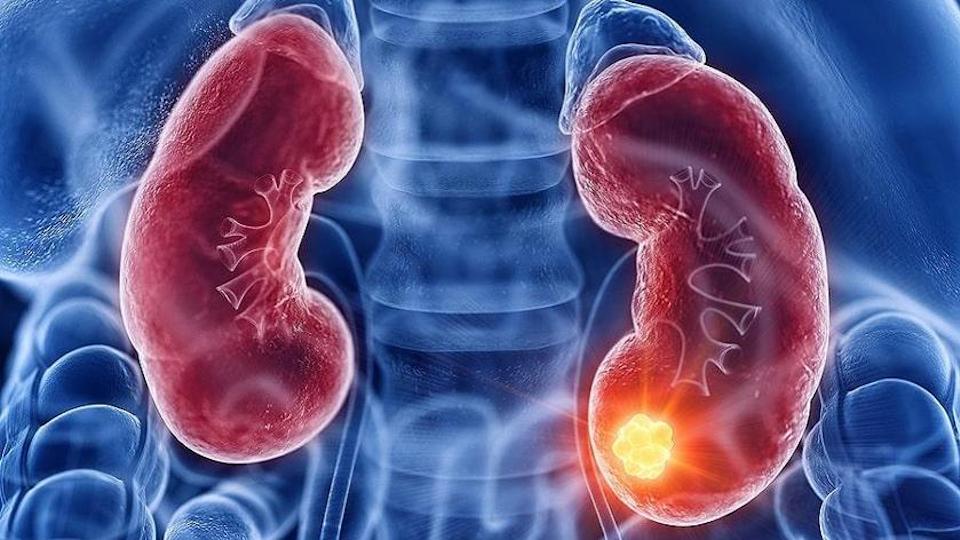Lilly and Boehringer rejig diabetes alliance as Jardiance soars

Eli Lilly and Boehringer Ingelheim have changed the terms of their diabetes alliance to focus their energies on developing their big-selling Jardiance pill.
Under the terms of the original alliance signed in 2011, the companies were to collaborate on Jardiance (empagliflozin), an SGLT-2 inhibitor class drug that went on to revolutionise treatment of diabetes after it showed a cardiac safety benefit in high-risk patients.
The agreement also covered what turned into Basaglar (insulin glargine), a biosimilar of Sanofi’s big-selling Lantus for type 2 diabetes, and Trajenta (linagliptin), a DPP-4 class drug that provides an alternative method for people with diabetes to control their blood sugar levels.
With the revised agreement, which comes into effect on 1 January, the companies said they had “revised their margin sharing structure”, without providing further details.
The alliance will focus expertise and investment in developing and marketing Jardiance, with Boehringer taking over as strategic lead for Trajenta, and Lilly taking responsibility for Basaglar.
Lilly said there would be no changes to 2019 financial guidance, or 2020 financial goals as a result of the amended agreement.
The impact on the upcoming year will be incorporated into Lilly's 2020 guidance, due to be issued on 17 December 2019.
The net result of the revised margin sharing structure is not expected to be “financially material”, over the duration of the agreement, the companies said in a joint statement.
Jardiance is propping up Boehringer’s balance sheets, generating annual sales of more than $2 billion for the German pharma last year, up 52.5% compared with 2017.
Lilly has also benefited from Jardiance’s success, seeing its revenues increase 47% to more than $658 million thanks to the alliance.
Although the market for diabetes drugs is fiercely competitive, Jardiance gained a substantial advantage when it became the first to show reduced risk of cardiovascular events in high-risk type 2 diabetes patients in the EMPA-REG OUTCOME trial in late 2015.
Now the most commonly prescribed SGLT-2 class drug Lilly and Boehringer want to build on Jardiance’s success so far with trials ongoing in people with heart failure or chronic kidney disease, including those with and without type 2 diabetes.
Carine Brouillon, head of global therapeutic areas at Boehringer Ingelheim, said: “The alliance has experienced significant success since its formation in 2011, with Jardiance, Trajenta and Basaglar becoming strong brands and continuing to grow in their respective classes globally.
“As the versatility of the SGLT2 inhibitor class continues to be realised, focusing our combined expertise and investment to support this important treatment will not only result in greater value for both companies but better enable us to help more people with and without type 2 diabetes.”












